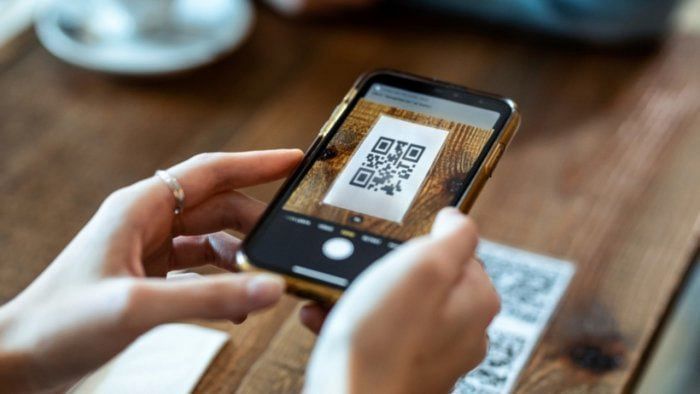
Bengaluru has topped the list of cities rampantly using digital transactions with a volume of 29 million and a value of Rs 6,500 crore of transactions, according to a report tabled by Worldline India, a payment solutions provider, on Monday. Mumbai, New Delhi, Pune and Chennai are among the top 5 cities with the highest digital transactions.
India’s flagship payment platform Unified Payments Interface (UPI) continued to be the most dominant channel for digital payments in 2022 with a 70 per cent increase in the number of transactions to 74 billion and a 54 per cent increase in the value amounting to Rs 126 trillion.
This was driven on the back of the proliferation of quick response (QR) codes, which have jumped 56 per cent in the calendar year 2022 to 237 million in December 2022 compared to 152 million in January 2022. These QR codes and sound boxes can now be found throughout India. The total number of Bharat QRs was 4.96 million, while UPI QR stood at 237.94 million, registering an increase of 65 per cent compared to December 2021.
Also Read | In payments, like geopolitics, India seeks a third way
In addition, the total number of point-of-sale (POS) terminals deployed by merchant-acquiring banks breached the 7.55 million mark at the end of 2022, marking a 37 per cent annual growth while 100 banks joined UPI ecosystem over the period of one year bringing the total number of banks live on UPI to 382 as of December 2022.
“Over the years, the adoption of digital payments has not only grown among consumers but also among the merchant community. While consumers have an option to make payment using card, UPI, wallet or other online payment channels; the merchant is now empowered to accept digital transaction via POS terminals, QR codes among others,” Ramesh Narasimhan, Chief Executive Officer, Worldline India told DH.
Digital payment platform Phonepe, which has 50 per cent market share by value in the UPI payments space, recently posted annualised total payment value (TPV) run rate of $1 trillion (₹84 lakh crore) mainly on the account of its lead UPI transactions.
UPI Person-to-Merchant (P2M) and Person-to-Person (P2P) turned out to be the most preferred payment modes among consumers with a market share of 40 per cent and 44 per cent in terms of transaction volume (UPI was 84 per cent in total) in 2022. However, in terms of value, UPI P2M accounted for 18 per cent share whereas UPI P2P accounted for 66 per cent of digital transaction by value (UPI was 84 per cent in total).
By December 2022, 54 per cent of UPI transactions volume was P2M while 46 per cent of transactions volume was P2P whereas, in terms of value, 23 per cent of transactions were P2M while 77 per cent of transactions were P2P.
“Although the transaction volumes and values are increasing, it is critical to understand the drivers behind these numbers,” said Madan Padaki, Founder & CEO, 1Bridge. Highlighting the gap between Bengaluru and other parts of Karnataka, he said, “This growth is still not equally distributed, with a sharp contrast of only 7-10 per cent of transactions in rural areas happening digitally. We still have a long way to go for the overall growth to happen on the back of digitisation.”
The report also highlighted banks have increased the issuance of credit cards by 18 per cent, taking the outstanding base of credit cards to 81.1 million as of December 2022. In addition, the outstanding debit cards also saw a slight increase of 0.2 per cent from 938 million to 939.4 million during the same period. The report said the total number of credit and debit cards in circulation by the end of 2022 was 1.02 billion.